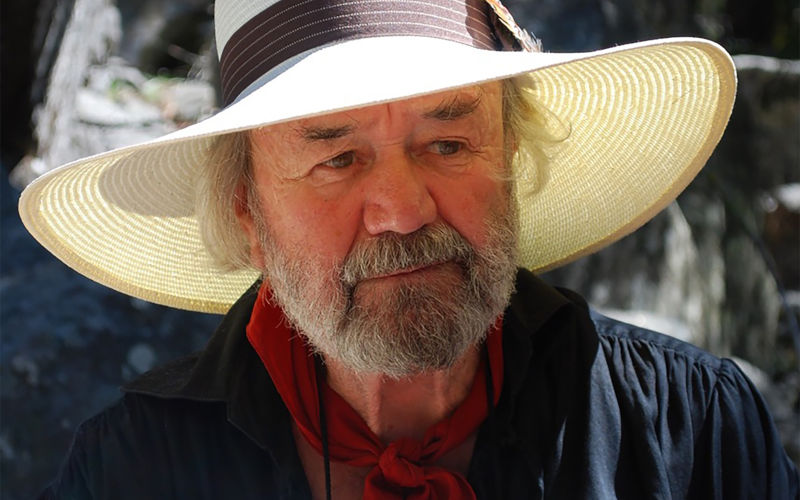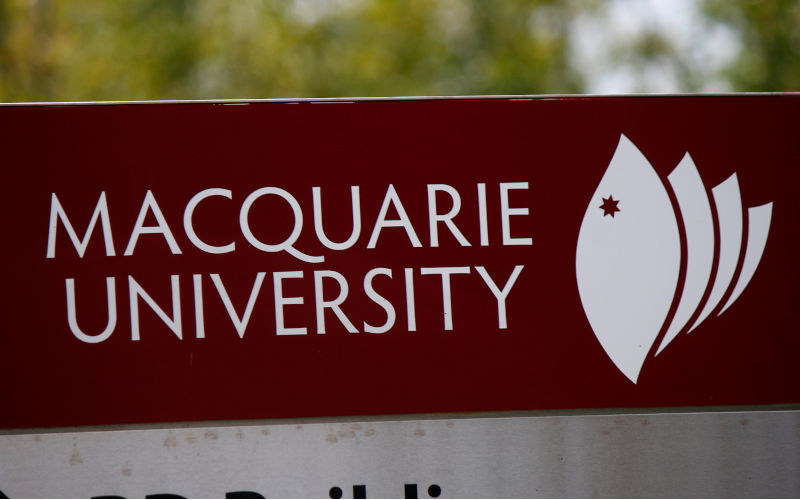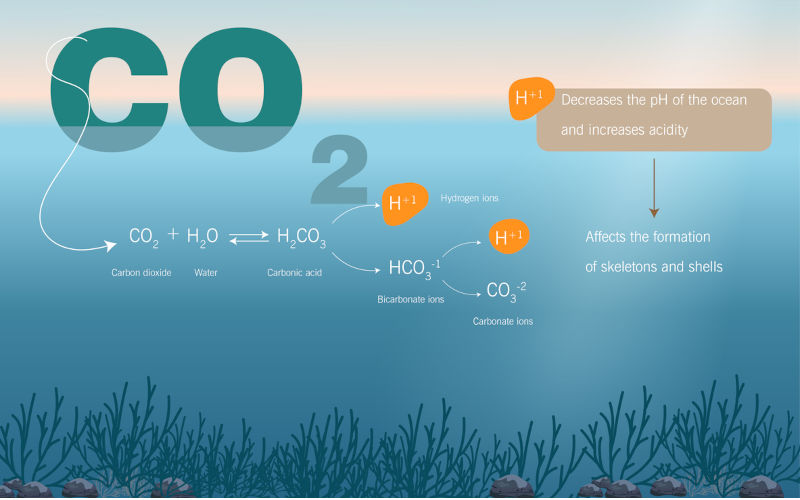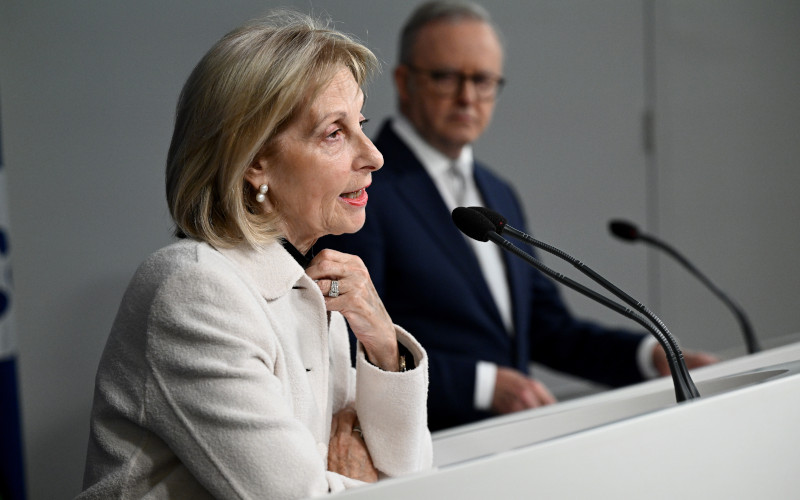
15 July 2025
Antisemitism in Australia: a 'pathology in our society'
There was much to read in the papers last Monday, the 7th of July. Three stories caught my attention.
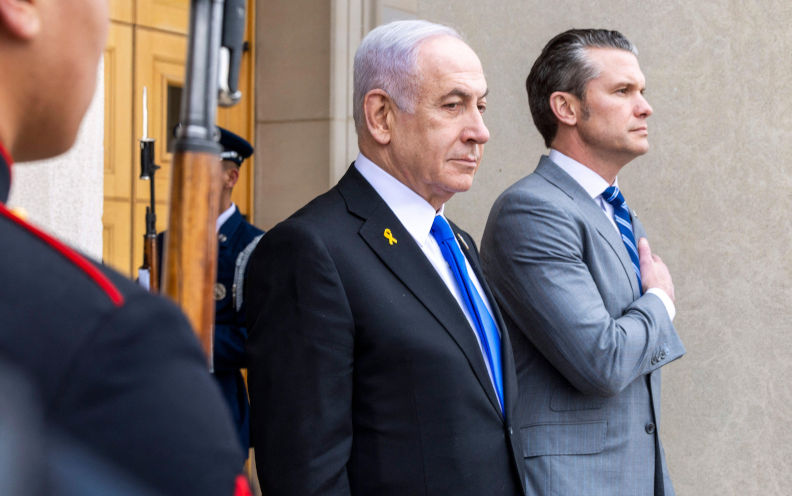
15 July 2025
NYT report says Netanyahu prolonged war on Gaza to stay in power
He pressed ahead with the war in April and July 2024, even as top generals told him that there was no further military advantage to continuing, reports The New York Times.

15 July 2025
The politics of a police criminal organisation
In 1972, police at an Aboriginal settlement at Papunya, several hundred kilometres west of Alice Springs, closed down a travelling Slim Dusty concert after some of the young men somehow got access to alcohol and became drunk.

Support our independent media
Pearls and Irritations is funded by our readers through flexible payment options. Choose to make a monthly or one off payment to support our informed commentary
Donate
15 July 2025
Australian parliamentarians urgently need lessons in international law
As the new Parliament returns this month, it is timely to ask just how many Australian parliamentarians need urgent instruction in international law and how it impacts on government decision-making which complies with the United Nations rules-based order developed by the efforts of so many nations since 1945.
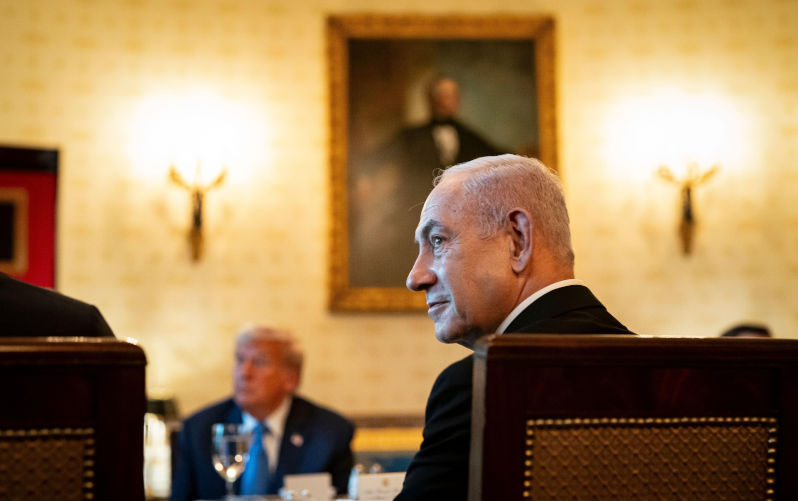
15 July 2025
'No' to Jillian Segal's antisemitism action plan
Representing Jews Against the Occupation ’48 (JAO48), I would like to share our response to Jillian Segal’s “antisemitism action plan”. In short: we reject it.

15 July 2025
Usman Khawaja: grace under pressure, faith underpinning it all
In Australian sport, few stories echo as deeply as that of Usman Khawaja. He is known for his calm presence at the crease, his graceful technique, and the quiet way he has built a legacy in a game that was not always welcoming.

15 July 2025
Why any strategy to combat antisemitism must also address Islamophobia
Australia’s newly released Plan to Combat Antisemitism has sparked strong debate and rightly so.

15 July 2025
Karmel, Gonski and the private school ascendancy
The 1973 Karmel report and the 2011 Gonski report helped drive Australia’s internationally exceptional private school ascendency.
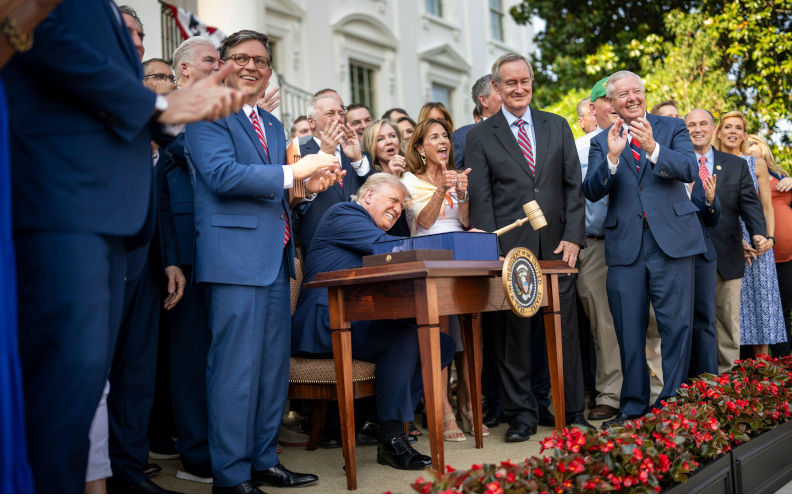
15 July 2025
A warning from the past about the United States of today
The Trump administration’s actions at home and support for horrors abroad raise the question: is America becoming a fascist police state?

14 July 2025
Why the world needs renewable food
The future well-being and survival of civilisation rests upon a single, fragile assumption: that there will always be enough food.

14 July 2025
Message from the editor
Anthony Albanese left for China two days ago. If you relied solely on some parts of the Australian media, you’d think he was handing over the silverware and snuggling up with the People’s Liberation Army.
Latest on Palestine and Israel

15 July 2025
NYT report says Netanyahu prolonged war on Gaza to stay in power
He pressed ahead with the war in April and July 2024, even as top generals told him that there was no further military advantage to continuing, reports The New York Times.

15 July 2025
Australian parliamentarians urgently need lessons in international law
As the new Parliament returns this month, it is timely to ask just how many Australian parliamentarians need urgent instruction in international law and how it impacts on government decision-making which complies with the United Nations rules-based order developed by the efforts of so many nations since 1945.

15 July 2025
'No' to Jillian Segal's antisemitism action plan
Representing Jews Against the Occupation ’48 (JAO48), I would like to share our response to Jillian Segal’s “antisemitism action plan”. In short: we reject it.
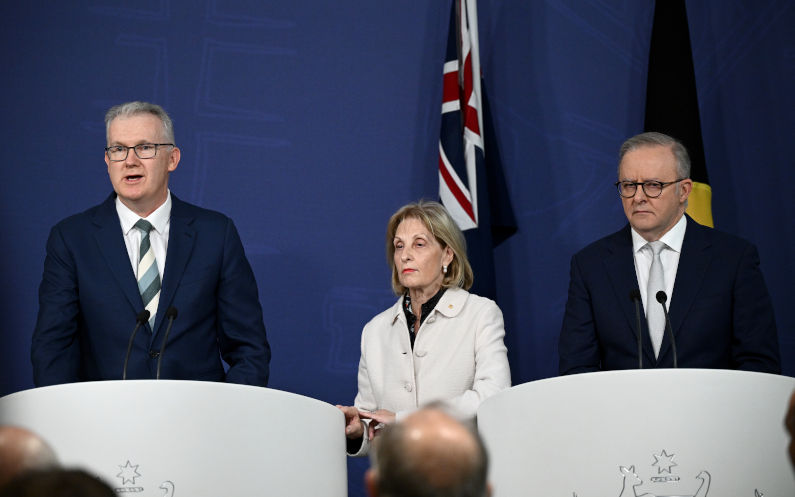
14 July 2025
Antisemitism Plan sparks fierce debate over free speech, racism, and political agendas
At a press conference in Sydney on Wednesday 10 July 2025, the Special Envoy to combat antisemitism, Jillian Segal, together with Prime Minister Anthony Albanese and Home Affairs Minister Tony Burke launched the National Action Plan to Combat Antisemitism in order to address antisemitic hate, especially in the wake of intensified community tensions following the war in Gaza.

13 July 2025
Kostakidis to go before court, after judiciary recognises anti-Zionism is not antisemitism
Mary Kostakidis should hold her head up high right now, because of all the Australian journalists who are honestly calling out the holocaust that Israel is perpetrating against the Palestinians.

13 July 2025
Mahmoud Khalil to sue Trump admin for US$20m over 'unconstitutional' detention
There must be accountability for political retaliation and abuse of power, said Khalil. And I won't stop here.
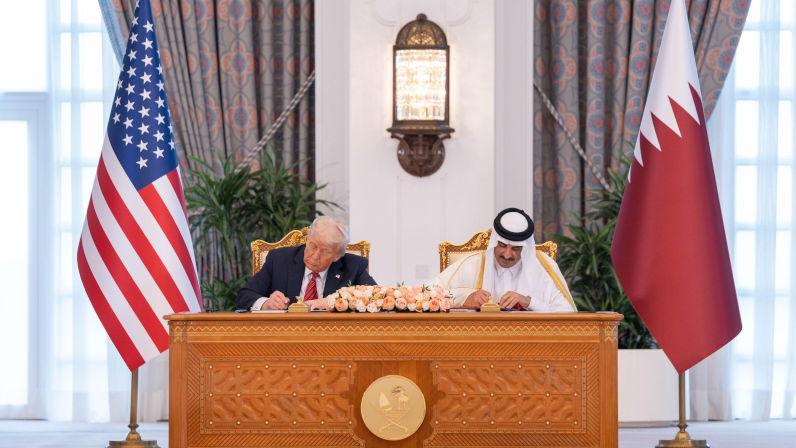
12 July 2025
Netanyahu leaves Washington without a Gaza ceasefire, just like he wanted
Benjamin Netanyahu is sabotaging talks, hoping Donald Trump will blame Hamas if negotiations fail.

12 July 2025
The greatest irony in our contemporary history
I just read the Sunday Age articles by Chip Le Grand. The writer and The Age have been engaged in a vicious propaganda campaign against the increasing mass protests in Australia that have also involved large numbers of artists, writers, academics and students opposed to the Gazan genocide.

Israel's war against Gaza
Media coverage of the war in Gaza since October 2023 has spread a series of lies propagated by Israel and the United States. This publication presents information, analysis, clarification, views and perspectives largely unavailable in mainstream media in Australia and elsewhere.
Download the PDFLatest on China
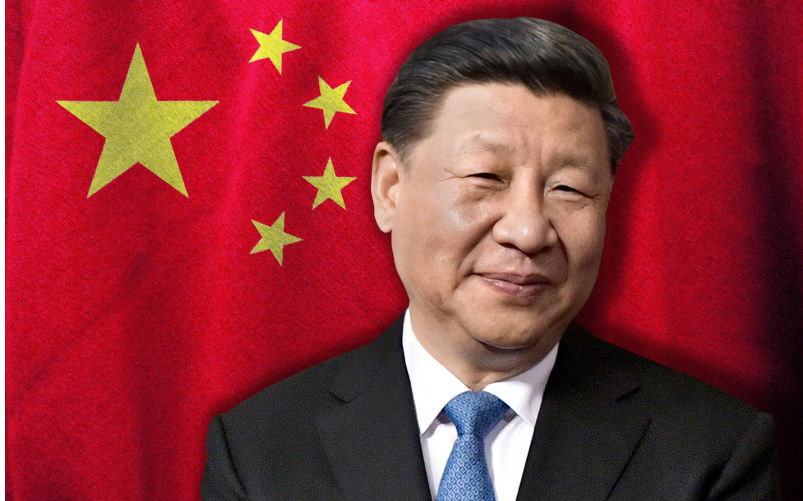
12 July 2025
Albanese’s visit to China is a moment for statesmanship
Membership of the Chinese Communist Party has just exceeded 100 million. It has long been the largest political party in world history.
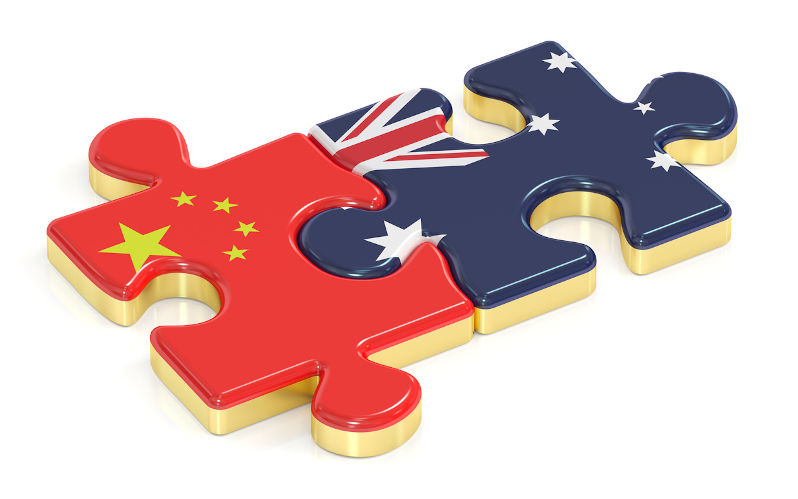
12 July 2025
Albanese’s China mission – managing a complex relationship in a world of shifting alliances
Prime Minister Anthony Albanese leaves for China on Saturday, confident most Australians back the government’s handling of relations with our most important economic partner and the leading strategic power in Asia.
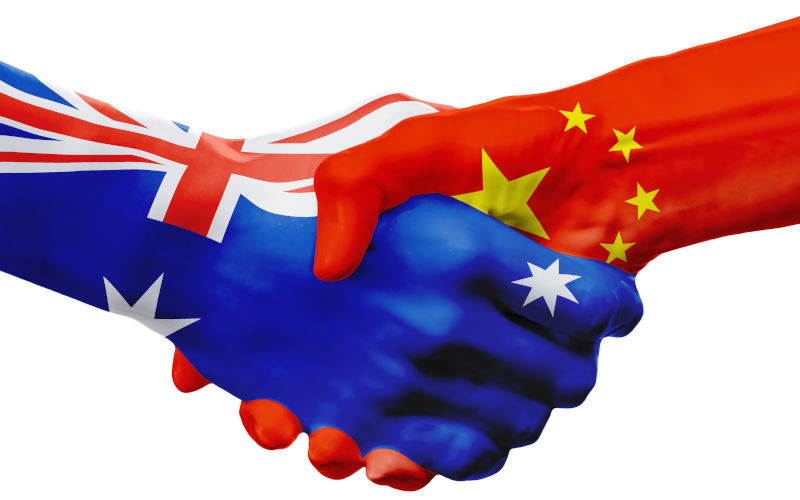
12 July 2025
US, China and Australia – an open letter to the PM
Dear PM Albanese, on Monday 30 June, the Chinese Ambassador to Australia, Xiao Qian, had a letter published in The Australian entitled China and Australia are friends, not foes. This should never have been in question. It’s best to read the full version on China’s Embassy website.

Support our independent media with your donation
Pearls and Irritations leads the way in raising and analysing vital issues often neglected in mainstream media. Your contribution supports our independence and quality commentary on matters importance to Australia and our region.
DonateMore from Pearls and Irritations
Latest letters to the editor
End the democracy-capitalism link
BoB Pearce — Adelaide SA
Unis should focus on societal needs, not enrolments
Peter Sainsbury — Darling Point
Less authoritarianism needed on vaccines
Murray May — Canberra
The Voice against antisemitism
Alan Wilson — Adelaide

